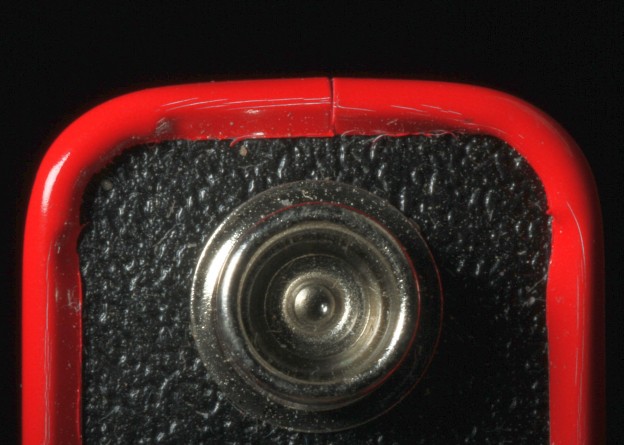Takeaways from Radiolab’s fascinating episode: 9-Volt Nirvana
The Radiolab podcast episode 9-Volt Nirvana grabbed my attention immediately:
“Learn a new language faster than ever! Leave doubt in the dust! Be a better sniper! Could you do all that and more with just a zap to the noggin? Maybe…”
Sign me up!
I pressed play, expecting an entertaining analysis of some new technology, drug or medical operation that could instantly make you think and do stuff better – like a get rich quick scheme for the brain.
The 25-minute episode did all that, and sparked a much deeper discussion, calling into question concepts of self, entitlement, ethics and the learning process.
I recommend you set aside about half an hour to listen to the show, and stew on it for a bit after it’s over. Then, read on to see how your reactions and takeaways compare to mine.
Three takeaways
1. Another vote for the motion to meditate. The more I learn about meditation, the more I am convinced it would be a great way to improve my focus, mindfulness and general balance. Listening to this episode – particularly the section when Sally Adee talks about how it was like someone had wiped a steamy window, and she was “able to look at the world for what it was” – made me think of Rich Roll Podcast Episode 97 and the benefits Dan Harris found from regular meditation. I wasn’t the only person to make this connection to meditation. Ryan from Cambridge, MA put it well in the comments on the Radiolab episode webpage:
“Practicing meditation and giving yourself a moment everyday I think will and can produce the same results. Just like you were saying in the podcast to order up this brain power or to fast track to this result will hurt the eco system of your brain. This is never good for humans, stapling your stomach for weight loss, steroids to get more muscles etc… all of these have certain side effects that end up out weighing the good. But if you practice meditation, exercise, eat foods straight from the earth(non processed foods) you will stimulate your brain pretty much the exact way. This all just takes time and patience to alter and achieve.”
2. No pain, no gain. It seems many people who use trans-cranial direct current stimulation (tDCS) are looking to speed up the learning process by shortcutting the initial (cognitive?) stage where our minds are busy experimenting and searching for better strategies to accomplish the task. And while the examples from the show proved successful, they suffered side effects, strengthening one part of the brain while weakening another.
This ties back to something I noted after reading Malcolm Gladwell’s book, Outliers: No question that there are rarely shortcuts to success and few substitutes for honest, hard, unflinching work. Winners don’t complain or make excuses, because they view setbacks as opportunities and keep moving.
Frustrating and agonizing as they are, I think the painful initial stages of the learning (and creative) process provide the most value. At the risk of making this post one long list of quotes, I can’t help but recall what Ed Cooke, a Grand Master of Memory, said in Joshua Foer’s book Moonwalking with Einstein:
“One has to hurt, to go through a period of stress, a period of self-doubt, a period of confusion. And then out of that mess can flow the richest tapestries.”
3. Think of the state of flow as a gift to be embraced and worked for, but never expected. My mouth dropped when Radiolab host Jad Abumrad profoundly referred to flow as a gift. I’ve thought a lot about the state of flow, the zone and the moment as it relates to work, writing, creativity, public performances and pressure. But until now I largely considered it a function of effort.
While I still believe the process for preparing, seeking out and working toward that state of flow is a cornerstone of the process, viewing the state of flow as a gift takes a lot of the pressure off. Sometimes nothing happens, stuff doesn’t work, timing is off and you need to walk away for a bit.
Photo credit: gatineaujoe
